RLT Interview #4: W. David Marx, Writer
On Japan, the internet versus real life, and his relationship to desire.
The RLT Interview explores all the things, people, and places that have informed a person's taste and, more importantly, sense of self.
This week, I chat with Tokyo-based writer W. David Marx, who’s written a book about taste called Status and Culture. He’s also the author of Ametora: How Japan Saved American Style, frequently contributes to other publications, including Popeye, and is working on a book about the cultural history of the 21st century.
Get to know David as he muses about Japan, the internet versus real life, and his relationship to desire.
On Taste
In writing a book about taste and trying to analyze it in an objective way, I started realizing the ingredients to my own taste. Many people see their taste as their identity, which is a good and bad thing; it allows you to understand your identity is anchored to things you can't control, as well as the choices that you made as an adult. With my taste, there's no way to separate it from my upbringing. I grew up in the South with parents who grew up in the South but never felt like they were Southerners, despite the fact of having no claim to have ever lived anywhere else. Yet, it still seeps in. The South was very preppy even when the North stopped being preppy, and so people were still wearing a lot of Ivy League style clothes. My dad went to Tulane and learned Ivy League style there. All the clothes I grew up with were in that world. At the same time, my parents had a subscription to the New Yorker and they drove a Volvo; they had all the trappings of people aspiring to be upper middle class.
My older brother got into the band R.E.M. when he was about 17, so when I was 8 or 9, I also started listening to a lot of alternative music. I think when you start that early looking for things outside of the mainstream, you get deeper and deeper into it. My tastes were always trying to not do what everyone else was doing. Pretty soon, you learn you also fall into a group of people doing the same thing. When I was 17, I went to Japan for the first time and then I studied Japanese in college and went to Japan twice. That's the first time I started thinking about my personal style. I hated all the preppy stuff I grew up with and I was very into rock band T-shirts. For the first time, while in Japan, I noticed that fashion was something that everybody could do, but also the idea that you were allowed to be interested in fashion at all. I was into Bathing Ape, Supreme, and these streetwear brands. Then, when Thom Browne made American traditional clothing cool again, I was like, “These are my roots, I should go back to this.”
Taste is about discovery, having interest in things, and making a lot of mistakes. It’s about trying to find the authentic set of choices that both reflect your own background, but also the choices and discoveries that you have made consciously and deliberately. It's always changing and it's also always in reflection of what everyone else is doing at the time. It’s never stable because when the things you do that are highly stimulating suddenly become cliché, then you don't really want to anchor your entire identity to it. It's never a process that stops, but maybe the older you get, the amount that your own taste changes is smaller than when you're young.
On Discovery
Tokyo is probably the most rich city in the world for a constant refresh of consumer culture. The number of fashion brands operating is pretty crazy, and print magazines are still quite popular. Print magazines do a better job of introducing you to new things than the internet can. When you go through a print magazine, everything becomes aspirational and you think, “That looks cool” or “I didn't know about that”. It’s interesting walking around Tokyo too; there's so many places and neighborhoods that you’ll stumble upon a really cool shop you've never seen before that has really nice pottery that you've never seen before, and then you look up the brand and you spin off from that. Constant discovery is important, and I feel blessed to live in a place where that constant discovery is analog; I can walk around and do things in real life, and it's not just looking at a website.
Currently, I’m writing a book about the cultural history of the 21st century, and I spent the last few months focusing on the years 2001–2008 and the early internet. I’m realizing how much internet culture was separated from mainstream culture; there were junky videos and memes and a lot of energy went towards that and not towards things that would actually use to form your identity, like fashion choices. The internet's gotten better at that, but there's still this tension between the internet having all the world's information, but that making all the world's information valueless, and then real life where you walk around and see people and do things and you say, “That's cool. I didn't see that before”. Real life information gets weighted higher because it has more social context. If I'm living in a way that is particular, going to places that no one else goes to, meeting people that everyone may not be able to see, the information I'm getting has a sort of scarcity to it. Whether consciously or unconsciously, my brain is registering that as, “This is more interesting than if I'm reading something on a website”.
The services that apps provide, “We're going to get your taste and then we're going to show you all the stuff you wouldn't have found that fits your taste”, work to a certain degree. One of the things that I really liked to do was to find an artist on YouTube Music and then at the bottom it would say related artists and I’d go down this rabbit hole. I'm not being forced to listen to these other artists, I still have a role, but the algorithm is supporting it. We've definitely hit a wall where people are starting to not trust the algorithm. Now the algorithm is like “You don't have to make any personal discoveries anymore, we're going to do it for you” and you realize that the discovery itself is what added the value. I also rarely do anything that the algorithm recommends on video sites.
On Beauty
I don't really believe that there's good taste that is stable across the eras. But to have good taste for your era, you have to understand and have deep knowledge about every single thing that's out there and also know what goes together, because nothing exists in a vacuum. Congruence is to not only understand all the objects, but how they relate together and deploy them in a way where those associations make sense. There is a skill that comes with this. It isn't just simply regurgitating the associations or memorizing these relationships because if you bring back the five objects that everybody knows are related, then you start becoming a stereotype. It's about learning to make a couple of different moves where it's like, “I didn't think about this as being related, but it could be” or “That contrast is quite interesting because you've balanced it out with something else”. It’s like cooking; there's a recipe to make something and you've got to follow most of it, but you can do something at the end like adding cinnamon to the oatmeal bread. Something that works with the original mix, but someone would not have anticipated.
Incongruence is where you start mixing and matching without any thought about how things go together. It’s also how you often get judged as having bad taste, which is if you live a lifestyle that is anchored to a certain set of taste, especially people who become rich suddenly or are trying to pretend they're rich; most of your choices are from a lower information context, and then now you're going to buy a really fancy car, it's incongruent because the fancy car is supposed to be with all the other fancy stuff. This even happens with someone like Paris Hilton; she’s really rich, some of her choices are nice, but some of her choices are really trashy. Bad taste is something that comes out of incongruence. The people with the greatest taste can make really incongruent choices that they somehow make congruent based off of their own incredible aura.
On Desire
I feel really bad if I buy something and I don't use it. I really try to buy things based on some level of utility. I'm very slow about updating things because I want to feel like I maximized usage of something before I replace it. I've been making music for a long time and then I stopped, and now I'm back at it. I’ll feel that desire pop up like,”I want this piece of equipment”, but it’s very much like this is going to make a sound that I can add in, and so it has this utility that I could point to.
The more you understand about the roots of your desire, it really helps curb it. I don't see desire as a particularly great part of life. Not to get super Buddhist about it, but it really is a source of sadness and anxiety for a lot of people to constantly want things; it makes you really care about money and it makes you care about keeping up with other people. In my book, I try to show how desire is social. René Girard, the French philosopher, had this idea of mimetic desire; you want what other people want. I think his take is too mystical, and there’s a clear social origin for this. Some of desire is curiosity and wanting new stimulus in your life, but so much of it is: “You're in a social network in which you're taking in everyone else's choices as something you should also consider if you’re at their status level.” You can't detach yourself from that. It's impossible to get rid of that desire, but to understand it and understand where it comes from helps you feel more in control of it.
If I’m able to abstain, it’s not some special discipline that I have. It was the specific household that grew up in; A mother from a middle class household who felt like she was always less wealthy than the people around her. My dad who worked in academics was really pushed to move up the ladder because my mom was like, “We need a better income stream for this lifestyle”. Not that we were poor, but it was always like, we don't have money for that. My sister got me a book when I graduated from college, Get a Financial Life, and the number one lesson was never go into credit card debt. That was the first thing I learned as an adult. When I finally got a job at a magazine I made like $14,000 a year, and in New York, at that time, you could live off of that because the subway card was like $63 a month and it was $500 to rent a room in a middle aged couple's apartment in Long Island City. My whole thing from the very beginning was to maximize the free, don't spend too much money, don't go into credit card debt. That just stuck with me, even to a degree where when I had a little bit more money, I was just so unbelievably stingy. I'm still a somewhat stingy person because I find it hard to get out of a mindset of scarcity. I see it more as a psychological problem than something like, “You should all imitate this incredible discipline that I have.” There's certainly a way to have good balance, letting yourself buy things, but not getting out of control.
On Pleasure
If I'm not writing a book, I go into a malaise; I don't want to use the word depression, but I go into a malaise and I don't feel that motivated. Every morning I get up to write for two hours, I feel great, and then I'm thinking about the ideas I'm researching, I'm reading articles and books, I'm finding all these new connections. It’s a huge source of pleasure, the feeling of making accomplishments on the things that you really care about.
If there’s a blank space in the day, I'm going to pick up my phone and read a Wikipedia page. I'm going to listen to podcasts, I'm going to walk around, I’m going to be reading something. Then about two years ago, I hit this wall where there was too much information all the time and it was making me a miserable person. If I was thinking about something and someone wanted to talk to me about anything else, I would be like, “No, I'm thinking about this thing”. In the last couple of years, I've taken a lot of pleasure in deep disconnecting. I really enjoy walking around and listening to the natural sounds or trying to pay attention to what's going on and not trying to do two things at once. If I'm reading a book or listening to music or walking around, all those things bring me an instant amount of pleasure if it really focuses me where I don't feel like I'm being pulled in multiple directions. I don't know if that's the era we're living in or my particular age or my particular situation, but I'm finding now that focus is where pleasure comes from.
— As told to Tahirah Hairston
What was the last thing you bought?
Some Mocha Sidamo Ethiopian coffee beans from a neighborhood coffee roaster. It's a famous coffee roaster from the 40s or 50s that's hidden in this residential district. Coffee is great, because it has no negative health effects and you can drink it twice a day and it's not very expensive; it's one of the few pleasures where it doesn't feel like it has any downsides. Being able to try out different coffee beans from the world is a really fun, easy way to add variety to your life. It was about $3.
What was the last thing you discovered?
In writing this book about the 21st century, I’ve become obsessed with these certain characters, often not great humans, who are the reason behind why a lot of things happened. One of them is Joe Francis of Girls Gone Wild. He's the person who brokered the Kim Kardashian sex tape and he dated Paris Hilton. Then, Rick Solomon, the person who made the Paris Hilton sex tape, ended up being the reason Howard Stern got fired from Clear Channel. Then, Howard Stern signs this deal that opens up a whole era of satellite radio. I am interested in the degree to which these diabolic people are responsible for a lot of these major cultural shifts and how much they served as a connection between different social worlds.
What was the last thing you read?
I read Ian Frazier's Travels in Siberia.
What was the last thing you watched?
I'm watching Nathan Barley, a Channel 4 UK series by the guy who did Black Mirror. It's his first show, and it's a parody of hipster culture. The show is goofy, but watching it now, you see it perfectly predicts YouTube video creators.
What’s the last thing you disliked?
I tried to watch Indiana Jones and the Dial of Destiny on a plane, and I couldn't make it past 20 minutes. They need to leave Harrison Ford alone.
What’s the last good meal you had?
When I was home for Christmas, I ate my mom's cheese grits and collard greens and ham. It was incredible eating that everyday. I'm able to replicate some of that in Japan, but it’s different when you're trying to make it yourself than when you have really expert versions of those things.
What are five cultural things that have informed who you are today?
The five books that taught me a lot about taste:
A Matter of Taste by Stanley Lieberson: It’s very thorough research into the trend patterns found in naming. I took Lieberson's class on the "Social Underpinnings of Taste" in college and it introduced me to the basic concepts I've spent two decades trying to better understand.
The Theory of the Leisure Class by Thorstein Veblen: It’s an introduction to conspicuous waste, conspicuous leisure, and conspicuous consumption, which all explain New Money tastes.
Old Money by Nelson Aldrich, Jr.; the canonical work on “old money tastes” from someone who grew up with old money.
The Anxiety of Influence by Harold Bloom: Not a breezy read but introduces you to the idea that all artistic creation is done within the context of trying to break away from one's initial influences and outdo predecessors.
For a Critique of the Political Economy of a Sign by Jean Baudrillard: Late Baudrillard gets a little wacky, but his first three books are very reasonable post-Marxist philosophical takes on how consumer goods take on value within the status system.
What do you smell like?
I wear a discontinued Jo Malone scent Juniper and Black Cedarwood. I had a bottle from a while back and now I'm having to buy the reseller supply of it. And I'm mostly telling you this, so that your newsletter does well enough that Jo Malone sees this and puts it back in circulation.
What's something you spent a lot of money on that was worth it?
I have a pair of Cordovan loafers from Alden that were very expensive, the most I've ever paid for a pair of shoes. But they're the kind of shoes that I will wear forever. The older and the more beat up they get, the better. When my dog was a puppy, she chewed them up pretty badly, but I got them patched up and they look even cooler now. When you really buy nice things that can be fixed, it’s worth getting.
What was something you spent a lot of money on that wasn't worth it?
In 2003, I really wanted a “mod suit” and in New York City, I couldn’t find anyone who made suits. I went to some tailor that measured you in New York and then made the suits in Hong Kong. I told them I wanted a high buttoning mod suit and they had no idea what I was talking about. The suit ended up looking like the suits NBA players wore from that era. It looked nothing like what I wanted, and it was $1,000, at a time when my entire savings was like $2,000. I ended up taking it to a mod tailor in Japan, I said, “Could you take this in?” And he's like, “Yes. But, you're not going to gain any weight, are you?” I told him no. Then he tailored it and it worked for a little bit. It was still ridiculous, and then I got too large for it almost immediately. That was a total waste of money.
What’s one thing you always recommend or give to people?
I've decided the best thing you should own is just the basic Hario drip coffee pot with the V60 dripper. I've tried so many types of ways of making coffee and every time coffee's made in the Hario, it just tastes so much more interesting.


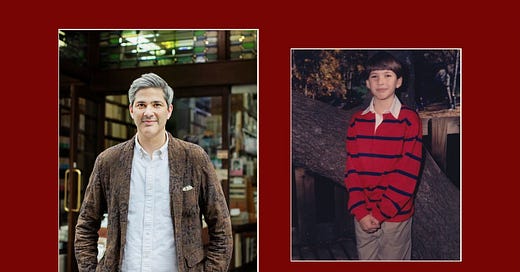



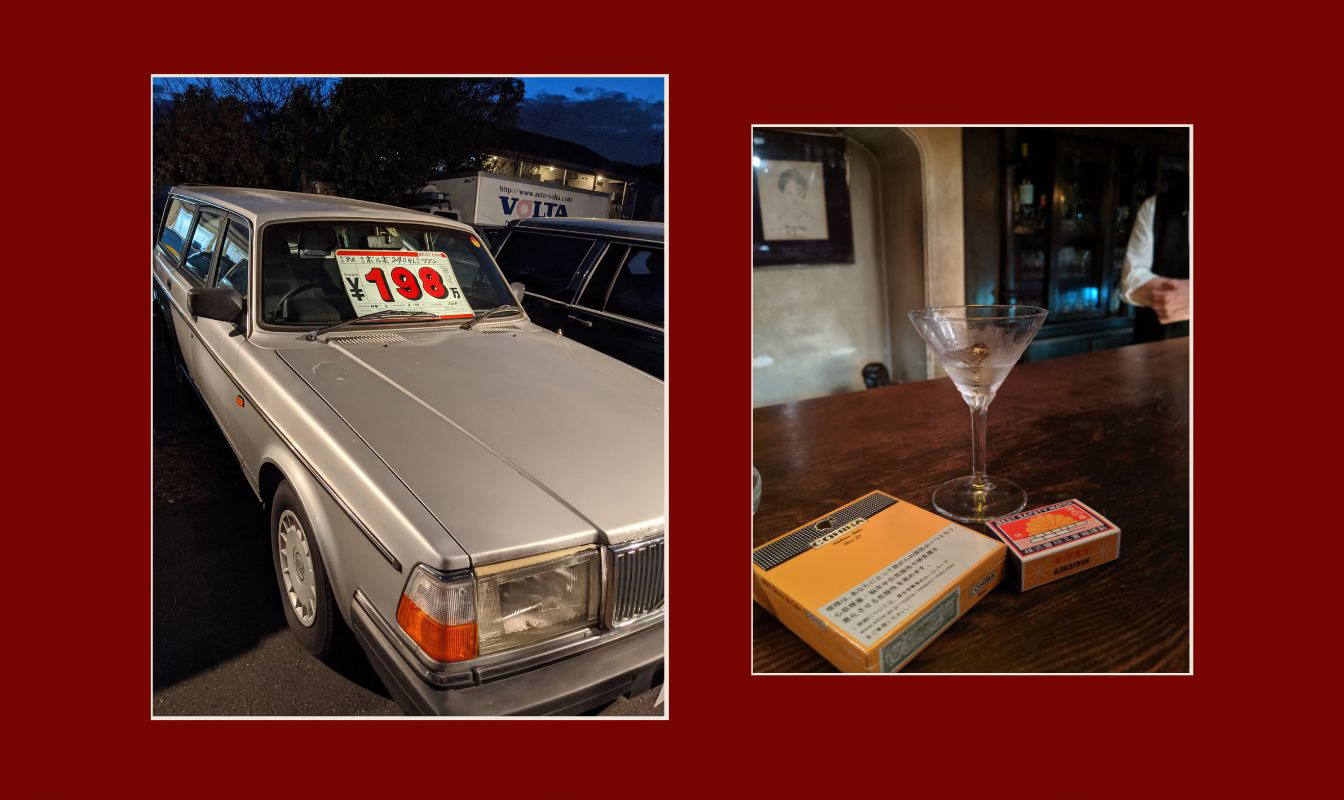
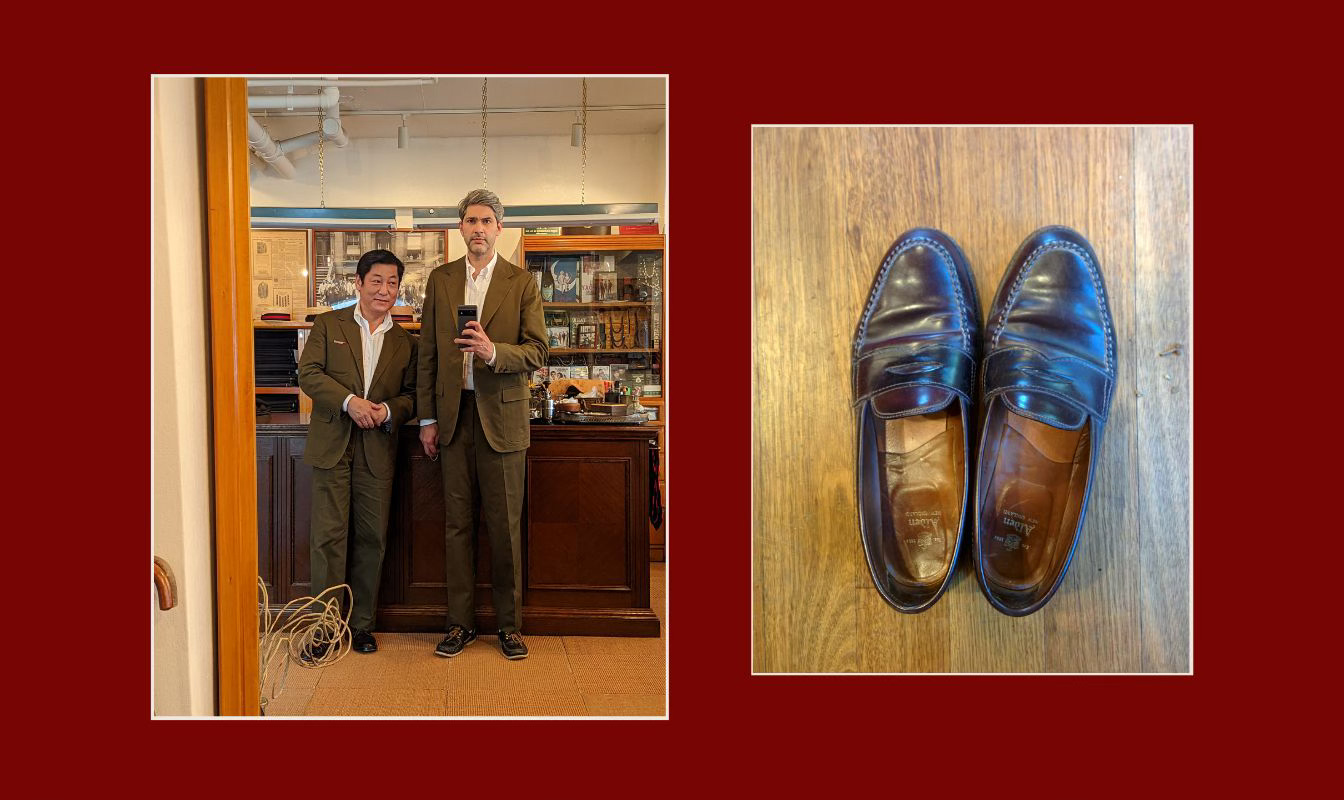
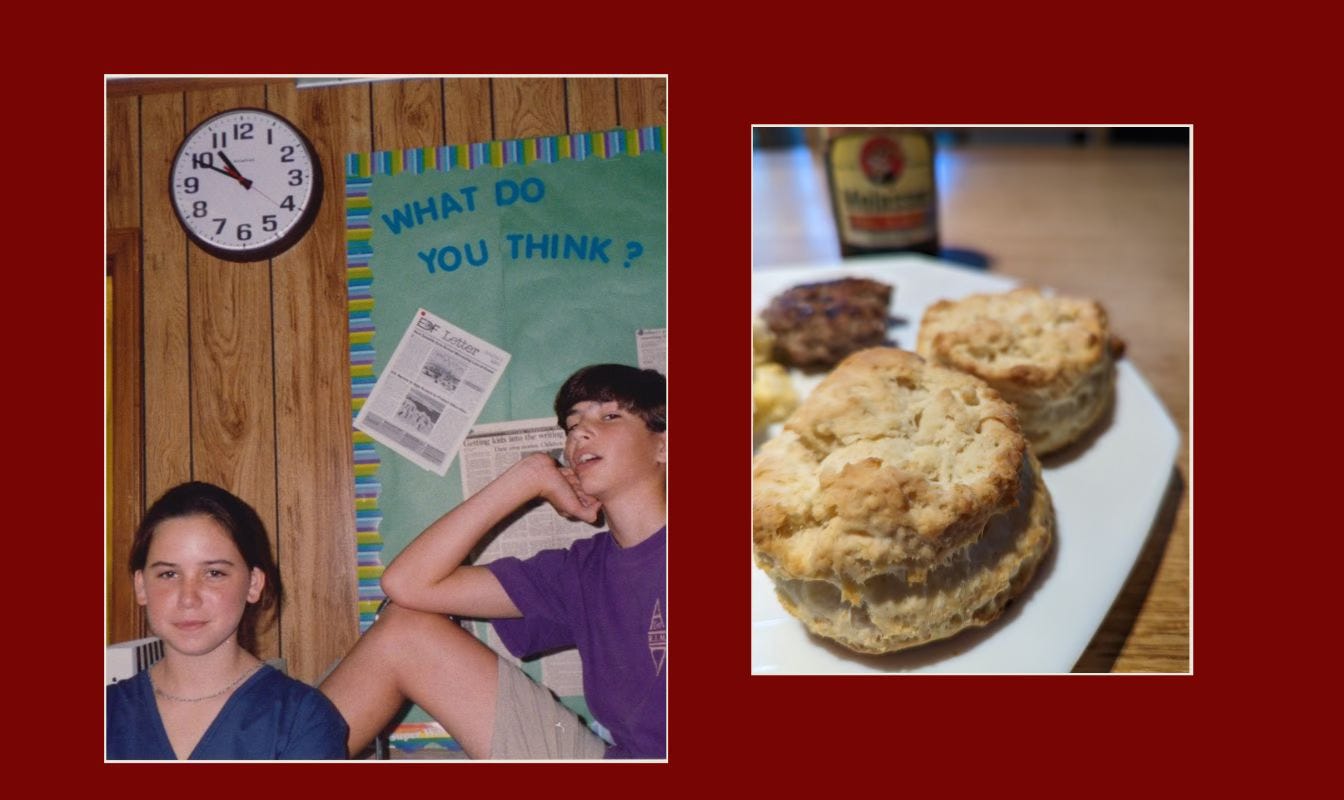
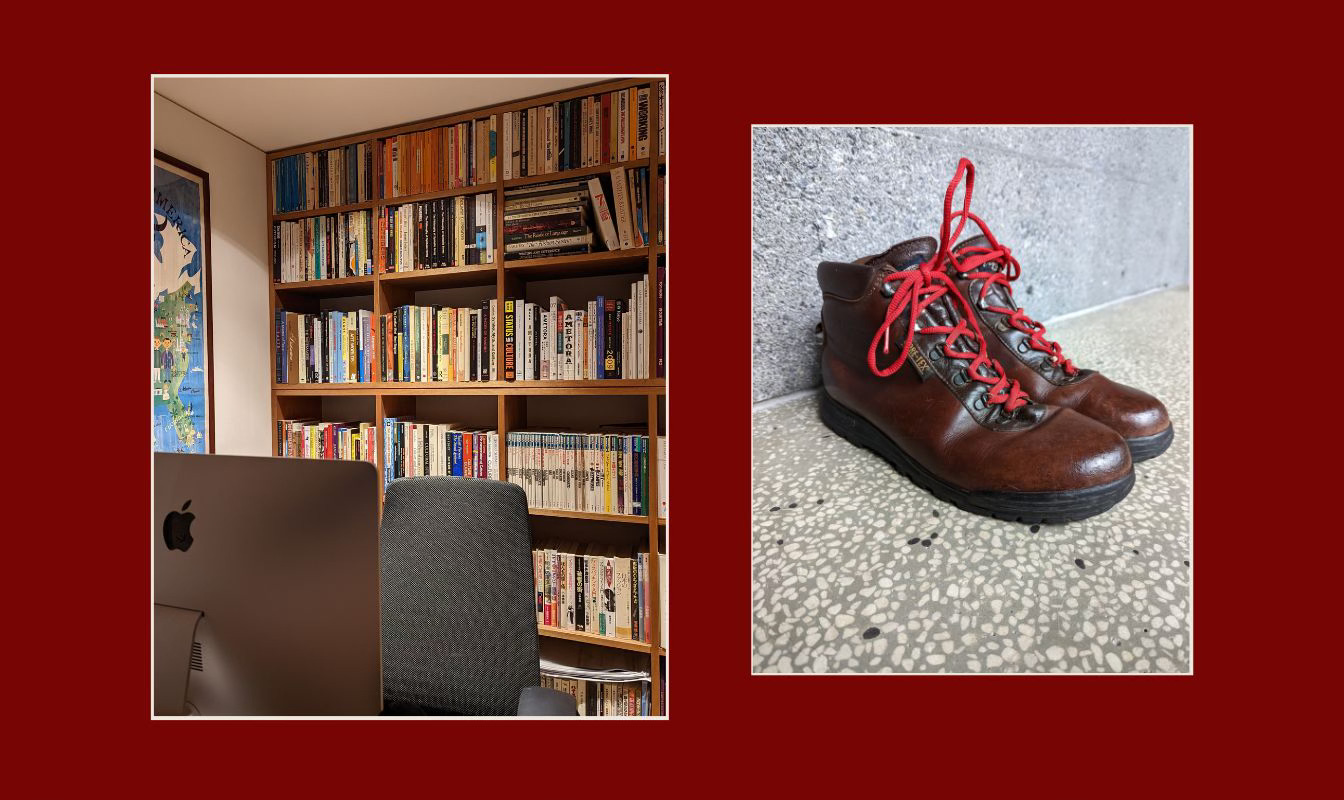

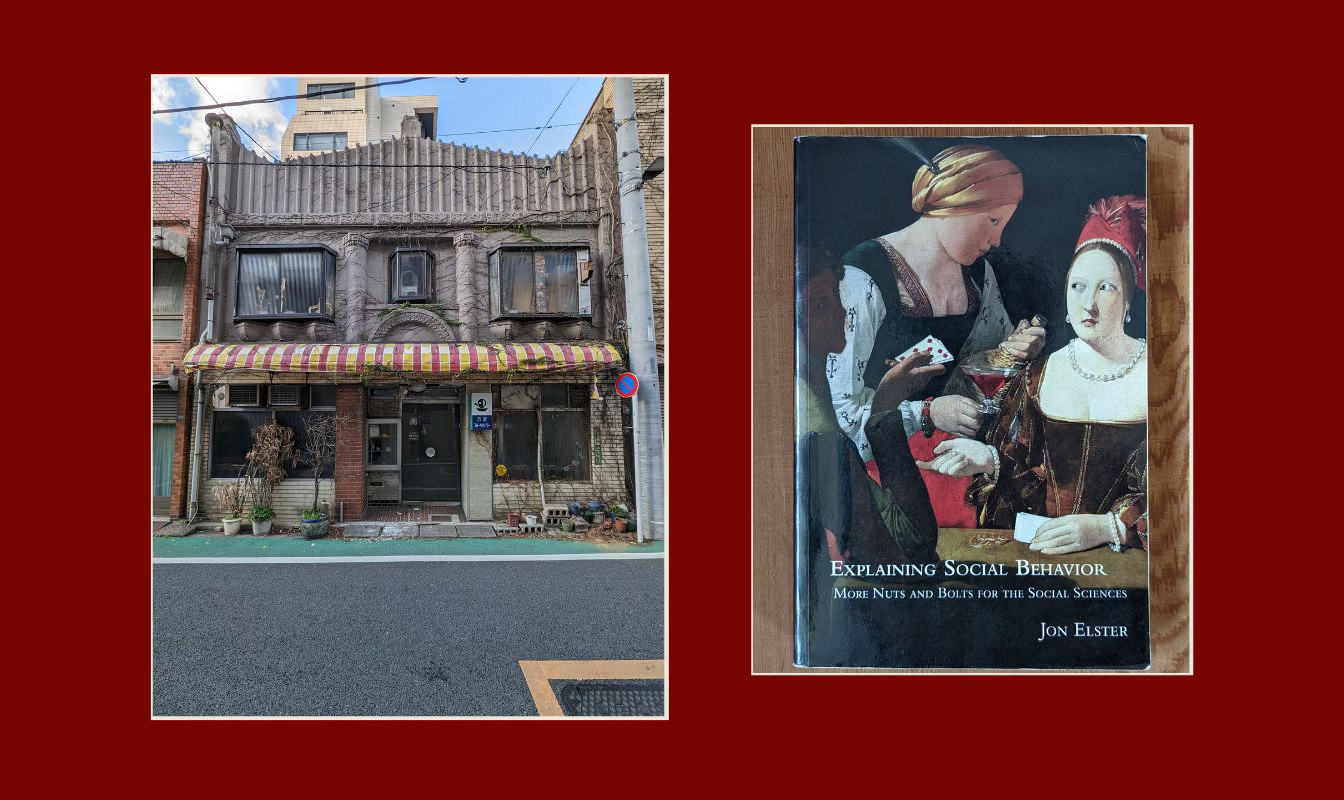
What a fantastic interview. I genuinely feel like I learnt something enriching, from his words and perspective. Thank you !
Resonated strongly with a number of his points about money and the ease with which you can discover new things in Japan analogous-ly, wonderful interview!